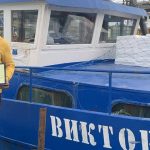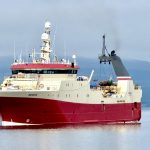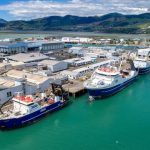Maritime Affairs and Fisheries Minister Freddy Numberi informed that the government has set a deadline by March to see any progress, the decision to allow trawling will automatically become void. He also said that a total of 1,299 vessels weighing as much as 30 gross tons each will be able to legally start trawling the waters off East Kalimantan Province as soon as the provincial government issues regulations. It is said that new regulatory is key to ensuring that the provincial government effectively mitigates the social and environmental impacts of trawling.
Experts believe that trawling could lead to overfishing and hurt the livelihoods of thousands of traditional, small-scale fishermen struggling to make a living off the sea. Environmentalists have already criticized the trawl nets because it damage the sea floor and the fact that they often snare both marketable and non-marketable fish, with the latter being dumped.
Now it is up to provincial government to convince the ministry that it is legally prepared to protect the environment and safeguard the interests of small-scale fishermen. It is found that commercial fishing operations in Malaysia will use fishermen in East Kalimantan to secretly trawl in Indonesian waters on their behalf. It is noted that trawling will only benefit vessels based in Malaysia, so the government need to see regulations at the regional level to help allay these concerns.
According to Numberi Malaysian vessels have an advantage in fishing Kalimantan waters because they are equipped with trawl nets for deep-sea fishing, which our vessels lack. Suhana, a marine biologist at the Bogor Institute of Agriculture, or IPB, the government needs to offer another justification for the lifting of the trawling ban, because trawling will not benefit small-scale fishermen.








